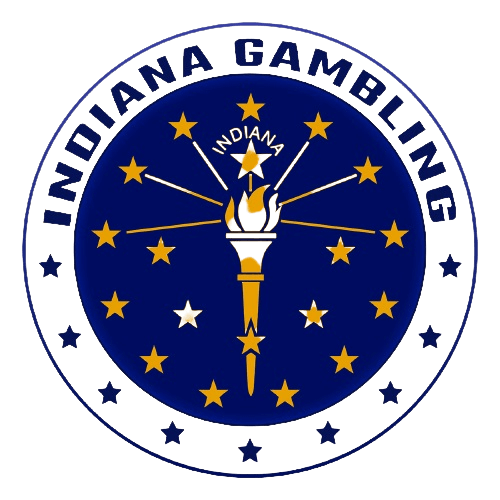The ongoing bill to legalize online casinos in Indiana contains an interesting provision that could result in a significant increase in funding for problem gambling prevention.
The most recent version of the bill includes a stipulation that 10% of projected tax earnings from the newly legal industry will be sent straight to the state’s addiction services fund.
This means that should the bill be passed and the industry expands, millions of dollars more per year would become available to combat addictive gambling behaviors among residents. By increasing funds for services geared specifically toward preventative measures, Indiana can move closer to finding a financial solution when it comes to addressing this kind of problem gambling.
Greater Funding for Problem Gambling
The current proposal to legalize online casinos in Indiana is not the first of its kind – similar bills have been attempted back in 2022 and 2021, but they failed to gain traction. At the time, 3.33% of the tax money from online casinos was earmarked for fighting problem gambling – equivalent to the same ratio seen with Indiana’s sports betting.
This endeavor is promising a much larger sum this time around, pledging 10% of the funds to combat addiction services-related issues. While nothing has been set in stone just yet, legislative support looks to be strong, which means success could be imminent.
Online gambling in Indiana has the potential to produce annual revenue of nearly $1 billion, creating an amazing opportunity for tax money. A ten percent share would represent a considerable portion of this pie! Through its latest bill, Indiana has the chance to be one of the most fiscally secure states in America when it comes to problem gambling.
The state could gain up to $200 million through online casino taxes at a rate of 20%. A whopping 10 percent—or around $20 million annually!—of that revenue will go directly towards tackling issue gambling.
How Does Indiana Measure up to The Rest of the State?
If Indiana adopts the proposed market tax rate of 10%, it would be way out in front of other states when it comes to problem gambling funding. For example, Michigan – which has licensed online casinos for more than two years – allocates just $500,000 from its internet casino taxes to its compulsive gaming prevention fund annually.
Pennsylvania is similarly stingy; 002 times gross interactive gaming revenue is only about $6.8 million for the past fiscal year – a big difference from what Indiana could enable with 10%. That’s well above the potential 20 million dollars it could generate in a year for funding.
Compared to the estimated $20 million that Indiana’s industry could generate each year, both figures are comparatively much lower. Sustaining responsible gambling behavior is an absolute priority, thus the more precautionary measures taken will be beneficial. Nevertheless, the percentage of money directed to a fund may vary. As this bill navigates through the legislative process, changes could potentially take place in either direction.
Undeniably, the fact that Indiana lawmakers are allocating 10% of their tax money to counter problem gambling reveals how seriously they take this matter. If this percentage is unmodified in Indiana’s online casino bill, then it will immediately make them a national frontrunner for funding for problem gambling initiatives.
